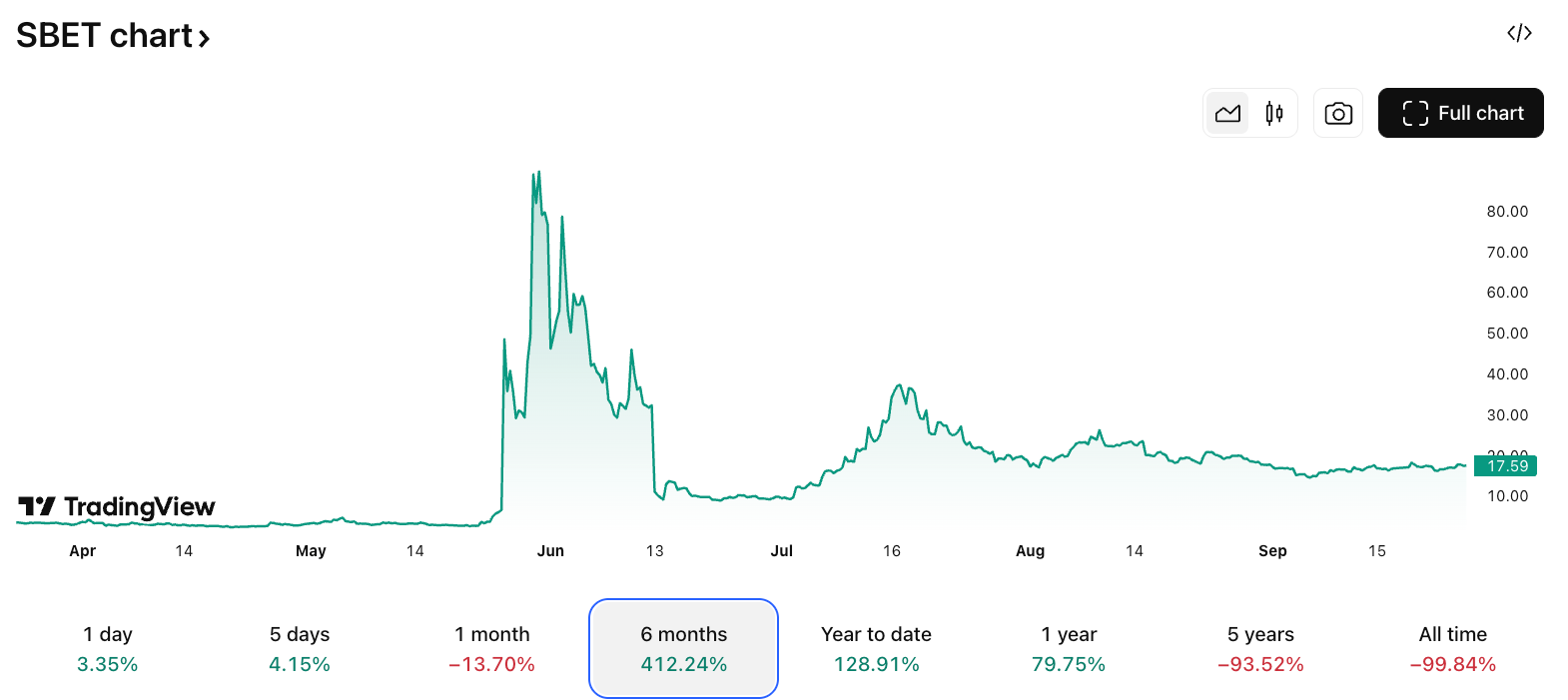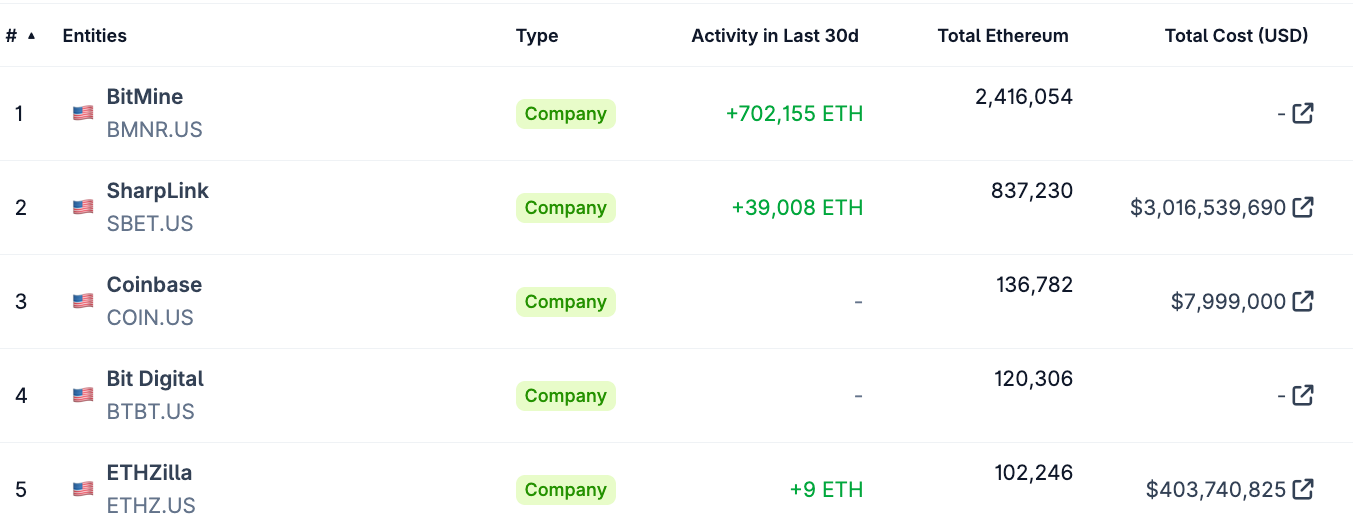
SharpLink‘s Bold Move: Tokenizing SBET on Ethereum
In a significant development for the intersection of traditional finance and the crypto world, SharpLink Gaming, known for its substantial Ether holdings, is set to tokenize its common stock (SBET) on the Ethereum blockchain. This ambitious undertaking, facilitated by a partnership with financial technology firm Superstate and its Open Bell tokenization platform, signals a potential paradigm shift in how public equities are viewed and traded. The announcement underscores a growing trend of companies exploring the benefits of tokenization, seeking to leverage the transparency and efficiency offered by distributed ledger technology.
The Strategic Partnership with Superstate
The choice of Superstate and its Open Bell platform is crucial. Open Bell provides a pathway for traditional assets to be represented as tokens on a blockchain. This partnership allows SharpLink to bring its SBET stock directly onto Ethereum, opening up possibilities beyond the confines of traditional stock exchanges. This isn’t just about moving existing shares; it’s about potentially redefining accessibility and liquidity.
DeFi and AMMs: The Future of SBET Trading?
Beyond the initial tokenization, SharpLink has grander ambitions. The company plans to collaborate with Superstate to explore the trading of its tokenized stock on automated market makers (AMMs). AMMs, a cornerstone of decentralized finance (DeFi), allow for the permissionless trading of digital assets. This vision extends to enabling trading on other DeFi protocols in a fully compliant manner. This push aligns with the Securities and Exchange Commission’s (SEC) innovation agenda, suggesting a proactive approach to navigating the evolving regulatory landscape surrounding digital assets.

Implications for Investors and the Market
The tokenization of SBET could have multifaceted effects. For investors, it potentially offers increased accessibility, fractional ownership opportunities, and the ability to trade outside of traditional market hours. The integration with AMMs and DeFi protocols could also lead to improved price discovery and increased liquidity. However, it’s vital to acknowledge the potential challenges. Regulatory hurdles and the technical complexities of integrating traditional assets with DeFi are significant considerations. SharpLink‘s experience provides a valuable case study for other companies considering similar moves.
Ethereum and the Institutional Embrace
SharpLink‘s decision to tokenize on Ethereum is noteworthy. Ethereum‘s robust ecosystem, widespread adoption, and mature smart contract capabilities make it an attractive platform for such initiatives. This move adds another layer to Ethereum‘s narrative, showcasing its increasing relevance in the institutional and financial sectors. Furthermore, SharpLink’s journey, considering its earlier venture into building a corporate Ether reserve, reflects a broader trend of companies diversifying their holdings and embracing the potential of blockchain technology.

Looking Ahead
The tokenization of SBET marks a step towards bridging the gap between traditional finance and the crypto world. The success of this venture, and its integration with DeFi protocols, could serve as a blueprint for other companies. As the regulatory landscape evolves and the infrastructure for tokenized assets matures, the potential for innovation and disruption in the financial markets remains significant.


